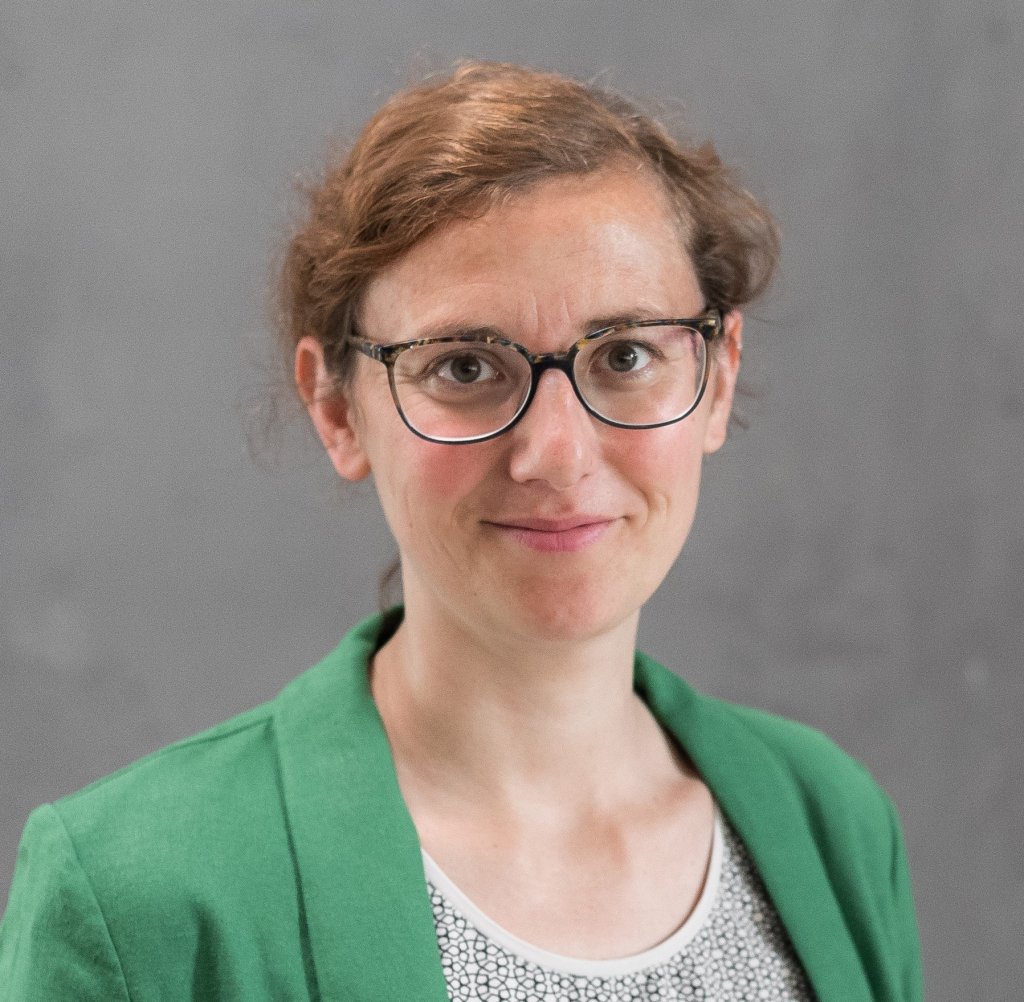Verena Liu is working as editorial production manager at the Salzburg Festival’s Dramaturgy, Publications and Archive Department since February 2024. Previously, she was a musicologist at the University of Greifswald and associate member of the IRTG “Baltic Peripeties”. After her studies in Weimar, Jena, Göttingen and Hanover, she received a PhD from the University of Oldenburg in 2021 with a dissertation on women as entrepreneurs in historical music education. She is interested in contemporary opera practice in the Baltic Sea Region as well as popular music and publishing houses during the period of Nazi Germany and Austrofascism.
Dr Verena Liu
